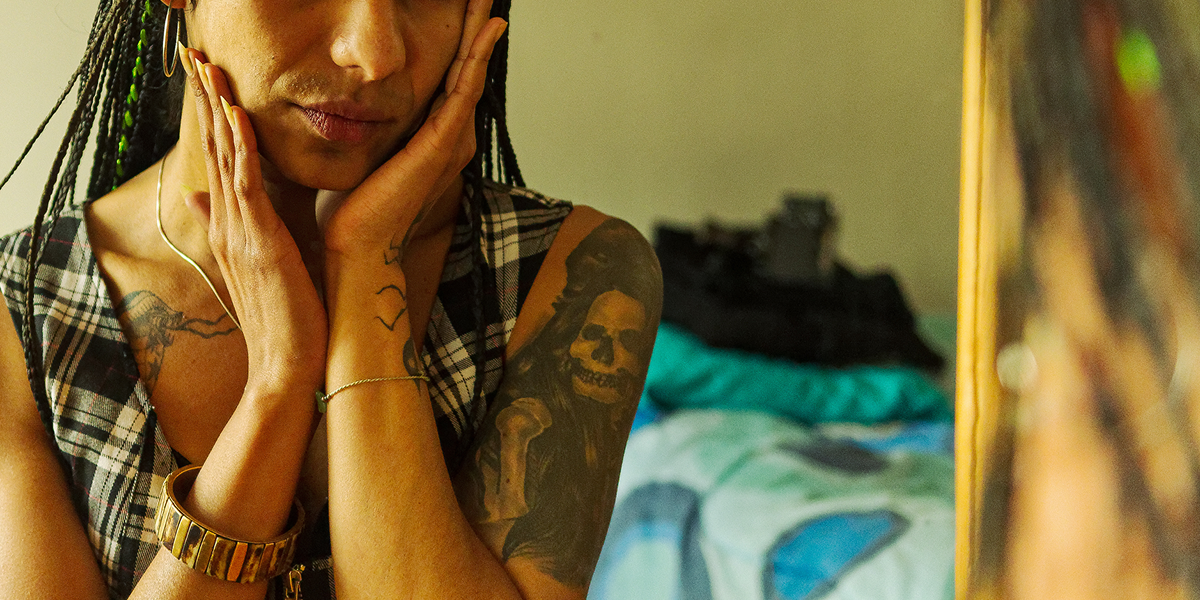Happy 2024. I wouldn’t say I consented to being part of the ceaseless passage of time again, but here I am.
Those around me have embarked on journeys to cut down on alcohol, add exercise, and visit friends more often. My girlfriend saw a compressed image of someone declaring their intention to eat as many kinds of pasta as possible, and she’s participating. With great enthusiasm.
But having New Year’s resolutions doesn’t spark anything in me. I’d rather think critically about them. I did a Master’s in Psychology that never led anywhere in the field. I come from a long line of overthinkers. Which means I have ideas about how we can engage with resolutions in a way that’s more conducive to our happiness.
The ‘problems’ with New Year’s resolutions
The thought of New Year’s resolutions inspires anxiety in some people. Now, I’m with Drew when she says that New Year’s resolutions can be fun. I just think the tradition has been chewed up by corporate marketing and low-attention span social media trends. With Drew discussing ways to make resolutions fun, I decided to be boring and critique the tradition with a focus on making them more attainable.
1. Turn down the pressure.
The word resolution has its roots in being resolute or determined. It speaks to single-mindedness. For those of us who have been under pressure to perform since childhood, there’s an implied contract in the term. A resolution is something we commit to. Hard. Ironically, that pressure can undo our efforts.
The advice-o-sphere is replete with suggestions to tell friends about your resolutions so they keep you accountable, or withhold pleasure until you meet a goal. But have we asked if the pressure is helpful? Are we being good to ourselves when we use fear of failure as a motivator? Is this how we would want our cats/plushies/kids to feel?
I empathize with people who work best under pressure. I am that person. But before we start a new thing, we should ask ourselves if we need the pressure. Besides stress, starting with single-mindedness also makes it harder to…
2. Make room for setbacks.
The greatest threat to my self-work has always been the first setback. When I lose my streak in a tough game, I bail. When I get negative feedback, I snap shut without reflecting on its context or value. When I fail at a new recipe, I don’t pick it up again. Slowly, I’m learning that setbacks aren’t just inevitable–they’re part of learning.
It’s easy to get swept up in the rush of New Year’s resolutions. The people around us are doing it. We might feel rejuvenated from the recent break. Having time off gives people space to do some reflection on the changes they need to make. All of this makes it easier for us to get into a mindset of determination that’s great for the launch, but not so great for a hard landing.
I have to take a page from my time recovering from an eating disorder. The habits and encouragement found in supportive eating disorder recovery look a lot like the things we want to emulate in daily life. The big one is treating setbacks as part of the learning process and using them as markers for progress, rather than a source of shame. Setbacks aren’t bad. Setbacks mean that we’re trying. It means we’re stretching the current limit of our abilities.
The next time I set a self-work goal, I plan to temper my determination while thinking about possible challenges and how I’ll face them.
3. It doesn’t have to be a New Year thing.
Gays already took ‘Christ’ out of ‘Christmas’. I’m trans and I want a piece of the pie so I’m taking the ‘New Year’s’ out of ‘New Year’s resolutions’.
Here’s my thesis: The beginning of the year is especially busy and filled with re-orienting ourselves to normality. There’s paperwork to do, work to catch up on (or find), and a pile of commitments all demanding our attention. If the resolution is gym-related, that’s also when the gym is at its busiest. For a lot of people, an atmosphere of New Year’s chaos is a bad time to make life changes. We might even be better off not changing right now.
So if nobody has ever told you this, I’ll be the one: New Year’s resolutions don’t have to happen in the first month. They don’t even have to happen in the first quarter. They can happen anytime, and they don’t have to end on December 31.
This isn’t for everyone. Some people need a jolt of excitement to kickstart their plans. If that’s you, then go for it. But for everyone else, there’s nothing wrong with writing something you’d like to accomplish this year on a sticky note and putting it up somewhere conspicuous for a bit later.
Who knew the secret to better New Year’s resolutions was deconstructing them?
Whether you’re embarking on a big adventure or racking up small, meaningful wins, I hope these pointers help. I want them to be a counter-narrative to the deluge of pressure, excitement, and noise this month. It’s not that I don’t like New Year’s resolutions. I love the idea of people being taken up by a drive to do meaningful things. I just think we can approach them with a bit more care and gentleness. Unless you’re my girlfriend, who is approaching her resolution to eat lots of pasta with terrifying vigor.








Comments
I think it wasn’t until recently that I realized resolutions genuinely stress me out which is why I’ve even been hesitant or sorta resistant to editing pieces about them for my job lol so it was refreshing to edit this which actually spoke to how I feel and provided helpful reframing!!! Especially love the idea of applying the lessons of eating disorder recovery
You’re a star, Kayla. I’m so glad it was helpful <3